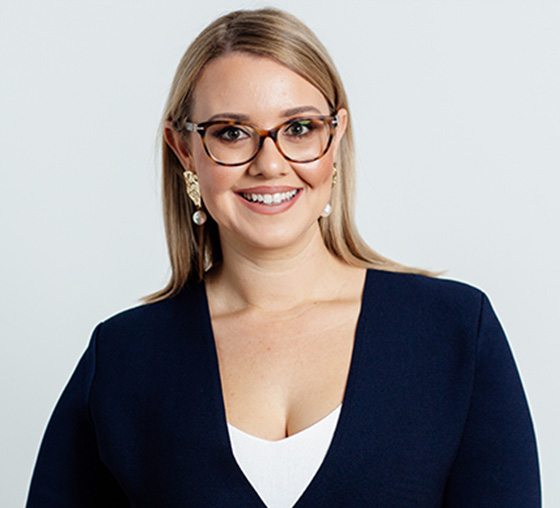Shareholder and Buy/Sell Agreements and your Estate Planning
At Danaher Moulton we care about your Business and You. Having a Shareholders/Unitholders Agreement and a Buy/Sell Agreement is only part of your plan. Unless you consider your personal asset protection and estate planning you are not fully protected.
At Danaher Moulton we are about maximising your position and minimising your risk both for your Business and your Personal Wealth.
What is the risk to you in running a business?
In running a Business you are exposed to the following risks:
- Liability as a director for a breach of directors duties under the Corporations Act and liability for Director Penalty Notices for unpaid tax;
- Liability as a director in giving personal guarantees to suppliers, the landlord and the bank in Business financing.
Do you have your asset protection and estate planning strategy in place?
A Shareholders Agreement and Buy/Sell Agreement protects your Business interest. It doesn’t protect your personal wealth.
Is your Structure poor?
We regularly see clients where:
- Mum and dad are directors of a Company and own all assets in their joint names;
- Shares are owned personally instead of in a trust;
- Clients may have asset protection strategies in place but don’t have Wills or have basic Wills that will undo any asset protection strategies;
- A Trust that owns your interest in a Business owning other significant assets.
When things go wrong or the Business gets into trouble, unless you have the correct structures you are putting your personal wealth at risk.
Shareholder Agreements and limiting personal risk
Generally we recommend:
- That each Business Owner own their interest in the Business through a Family Trust. The reason why we recommend this is:
- If you own your interest in your own name your interest in the business is not protected from creditors or bankruptcy.
- There are substantial tax advantages in holding your interest through a family trust.
- If you own your interest in your personal name – have you been advised to consider a family trust. If not we would question why?
- That each Director of a Business not own assets in their personal name:
- If one of the Directors owns assets in their name but the other doesn’t, that person has a greater risk of exposure in the event of personal liability;
- Liability under personal guarantees is generally joint and several – which means that the party having the benefit of the guarantee may sue the person who has assets.
- It is possible to transfer some assets between a Director and their spouse without duty, CGT or other tax consequences.
- That where a husband and wife own a business that only one of them be the director of the Business and the other own family assets.
How does a Shareholder Agreement affect your Will?
If you own your interest in your Business through a Trust, this interest will not form part of your Estate. A Trust asset (in this case an interest in your business) sits outside your Will.
Key points of note:
- Generally a Shareholders agreements provides that in the event of death of a key person, the other shareholders have an option to buy that person’s share. In short the business interest is converted to a cash asset owned by the Trust if the option is exercised.
- A Basic Will will not deal with your Trust. You need clauses in your Will that:
- Deal with the Appointor position (subject to the Trust Deed).
- Where there is a corporate trustee of the Trust deal with the shares in that Trust.
- Remember – whomever controls the Trust controls the assets in the Trust.
- If your spouse owns your home for asset protection reasons, if your spouse has a basic Will and dies, the asset protection would be undone. Testamentary trusts are needed within the Will to ensure the asset is protected.
How does a Buy/Sell Agreement affect your Will?
A Buy/Sell Agreement is different to a Shareholders Agreement in that:
- The buyout price for a deceased partner is paid by insurance.
- The buyout is generally a forced buyout – ie under a Shareholders Agreement the continuing partners may (but don’t have to buy). Under a Buy/Sell Agreement it is a forced buyout arrangement.
- When exercised, the insurance proceeds are either paid to:
- A nominated person under the insurance policy – ie spouse.
- The deceased’s estate. If paid to an estate, it can form part of a testamentary trust created under a person’s Will. Ie significant tax advantages, asset protection.
- What is best for you depends on your circumstances. One size does not fit all.
- The key points with this are:
- Under a buy/sell agreement, your interest in the Business is converted to an insurance payment.
- For estate planning purposes, the asset transfers from the trust (that owned the interest in the Business) to your estate. This has substantial implications for your estate planning.
What solution suits you?
One size does not fit all when it comes to your asset protection and estate planning.
When completing your asset protection and estate planning we need to know:
- What are the key objectives for your estate planning?
- What you want to achieve?
- What is your budget.
At Danaher Moulton we have a unique proposition that other firms do not. We can take care of your Business and your Personal Wealth.
You have worked too hard in your Business to not protect your personal wealth.
Learn more about our Business and Personal Estate Planning here or call us 1300 363 314




